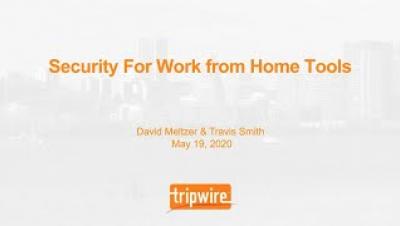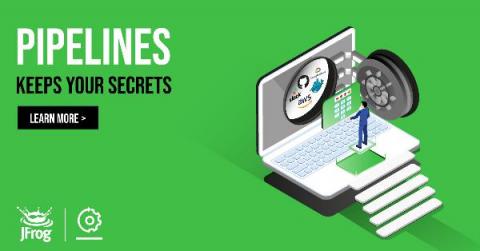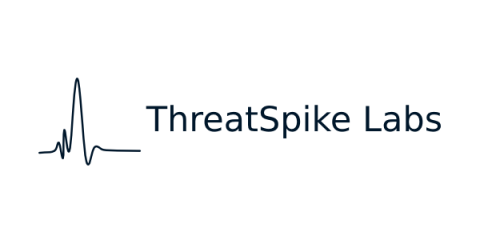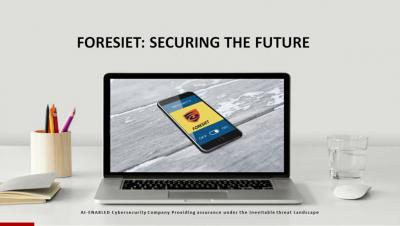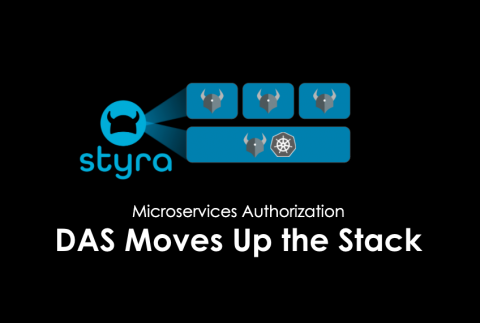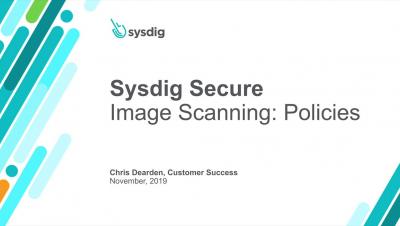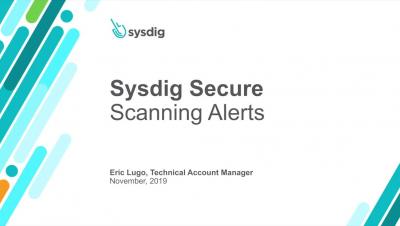Security | Threat Detection | Cyberattacks | DevSecOps | Compliance
%term
BlockFi Hacked Following SIM Swap Attack, But Says No Funds Lost
For just under 90 minutes last Thursday, hackers were able to compromise the systems of cryptocurrency lending platform BlockFi, and gain unauthorised access to users’ names, email addresses, dates of birth, address and activity history.
COVID-19: Importance of Ethical Leadership During a Crisis
Change is hard—and during the COVID-19 pandemic, it’s happening at breakneck speed. Your employees and business partners need to know now, more than ever before, that they can trust you to be honest and transparent with them. This is the essence of ethical leadership. We’re standing on shaky ground as the virus sweeps through our nation and upends our economy. People are losing their jobs, their health insurance, and perhaps even their savings.
CI/CD In Confidence: How Pipelines Keeps Your Secrets
A friend that can’t keep a secret isn’t one you’ll rely on. The same is true for your mission critical CI/CD tool that you have to entrust with credentials for each integrated component. Keeping your secrets safe can be a challenge for CI/CD tools, since they need to connect to such a variety of other services. Each one needs its own password or token that must be kept hidden from prying eyes.
Bad Plugin: It's What's On The Inside That Counts.
Recently we came across an interesting case that demonstrates just how important it is to monitor the behaviour of your network as even simple software components can be deceptive in nature. Our analysts were alerted to suspicious network activity originating from Microsoft Edge running on a Windows 10 machine. The browser in this instance was making a large number of web requests even though the machine was locked and not in use. There was one notable long running connection.
Foresiet Solution Short Overview
Microservices Authorization: Styra DAS Moves up the Stack
We’ve had an exciting past six months at Styra, from a Series A funding announcement to tremendous growth in the Open Policy Agent (OPA) community to new enhancements to our commercial product, Styra’s Declarative Authorization Service (DAS). All of this great momentum maps to our overarching vision of unifying authorization and policy for the cloud-native environment.


